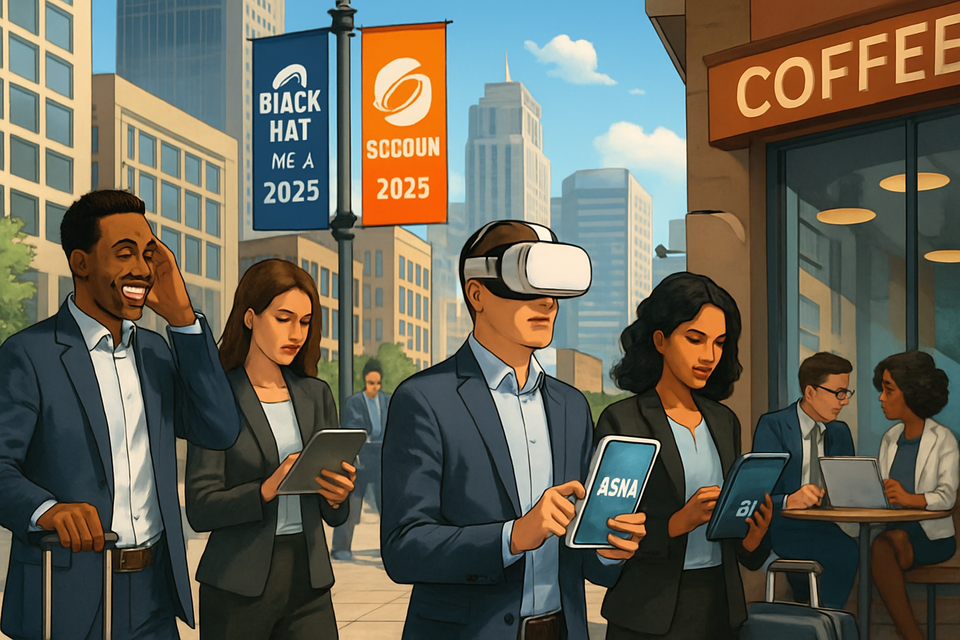Inside the Longevity Lab: The Hottest Human Trials & Biohacking Experiments of 2025
Explore the 2025 frontier where biohacking blurs science and citizenry. From CRISPR trials to DIY wearables, regular people redefine longevity. Are you ready to join the experiment where innovation meets brave, new biology?

Welcome to the Human Frontier
2025 isn’t just the year of the biohacker—it’s the year of the biohacked human experiment. Forget the days of quietly sipping mushroom coffee while tracking your sleep on a fitness ring. All over the globe, real people are volunteering their bodies (and sometimes their dignity) in the pursuit of longer, healthier lives. From open-source genetics to crowd-funded peptide therapies, we’re stepping inside the longevity lab—where the lines between science, citizen, and cyborg are getting deliciously blurry.
“It’s not just about living longer—it’s about living better, and letting regular people help write the rules.”
—Participant in an open-source gene therapy trial
The Big Experiments: What’s Actually Happening in 2025?
Let’s pull back the curtain on the most buzzworthy, controversial, and oddly inspiring human trials of the year.
1. Real-Time Gene Editing: Hope or Hype?
In a nondescript clinic outside San Diego, volunteers with rare genetic diseases are participating in first-in-human CRISPR trials. Unlike the sci-fi future where genes are edited in a test tube, these studies use real-time viral vectors to target faulty DNA. Early data? One participant, a 19-year-old with a rare metabolic disorder, saw enzyme levels normalize within weeks. But the risks are real—off-target effects and lifelong monitoring are part of the deal.
Ethics panel verdict: Cautious optimism, but plenty of raised eyebrows. As one ethicist put it: “We’re rewriting the code of life. That’s thrilling and terrifying in equal measure.”
2. Citizen Science & Open-Source Wearables
Move over, Big Pharma. In 2025, hundreds of self-starters are strapping on DIY health sensors and uploading their data to open-source platforms. Think continuous glucose monitors, HRV trackers, even home-brewed EEG headbands—shared, tweaked, and improved by the crowd. One project, OpenBioCollective, boasts 10,000+ members sharing everything from weekly blood panels to mood diaries.
“I’m not waiting for permission to optimize my health. If a Harvard lab can do it, why can’t we?”
—Anna, 32, citizen scientist & wearable tinkerer
3. Peptide & Exosome Trials: The New DIY Frontier
Forget the supplement aisle. The next wave of crowd-funded trials is all about regenerative medicine—especially peptides and exosomes. Clinics in Texas and Berlin are enrolling healthy volunteers and patients with everything from chronic fatigue to skin aging. The protocol? Weekly injections or IVs, with participants tracking their own sleep, mood, and biomarkers via apps. Early results show promise for joint pain and skin health, but experts warn: “We’re still learning what these molecules really do in the wild.”
Inside the Trials: Who Volunteers—and Why?
Behind every flashy headline is a human story. We spoke with:
- Ben, 45: Living with a rare form of muscular dystrophy—first to try a gene therapy that could halt disease progression. “I’m scared, but I’d rather risk the unknown than just wait.”
- Priya, 28: Biohacker and data scientist, uploading every heartbeat to a public repository. “The more data, the smarter the experiment. It’s science, but with memes.”
- Dr. Valdez, trial lead: “Every participant is both a patient and a pioneer. They’re not just subjects—they’re partners.”
Early Data: What’s Working, and What’s Worrying?
Glimmers of hope: Several peptide trial participants reported improved sleep and reduced inflammation. Open-source wearables are catching early warning signs of metabolic issues—sometimes before doctors do. The gene editing trial? One astonishing case of disease remission, but also two reports of immune reactions.
Red flags: Not all experiments are created equal. Some “citizen science” projects lack real medical oversight. And the DIY crowd can be a little too, well, enthusiastic—one group tried to crowd-edit their gut microbiomes with questionable results (don’t ask about the kombucha incident).
The Great Debate: Ethics, Risks, and the Road Ahead
Is this the dawn of a new health democracy, or a recipe for self-inflicted chaos? Experts are split:
- Pro: More data, faster innovation, and patient empowerment. “Citizen science is like open-source software for the body.”
- Con: Safety concerns, lack of oversight, and the risk of snake oil. “Just because you can, doesn’t mean you should.”
Regulators are scrambling to keep up, while ethicists call for clearer guidelines. The participants? Most say they’d do it all again—risks and all.
What Does This Mean for You?
Whether you’re a skeptic or a biohacking evangelist, the message from the front lines is clear: the future of longevity is being written right now, by real people willing to experiment, fail, and try again. The best part? You don’t need a PhD—or a billionaire’s bank account—to join the conversation.
“In 2025, the best lab is often your own body. Just don’t forget your sense of humor—and maybe some good insurance.”
Get Involved, Stay Smart
Curious about the next wave of human trials, citizen science, and the future of health? Subscribe for free to become a Funaix Insider and get exclusive access to our investigative reports, behind-the-scenes interviews, and the world’s sharpest community of health experimenters. Join now—only subscribers can comment, ask questions, and shape the conversation. (It’s free, for now. Don’t let the robots beat you to it.)
Published on August 6, 2025 — Funaix: Where curiosity meets clarity.
Ready to experiment? Let’s hack the future of health—together.




